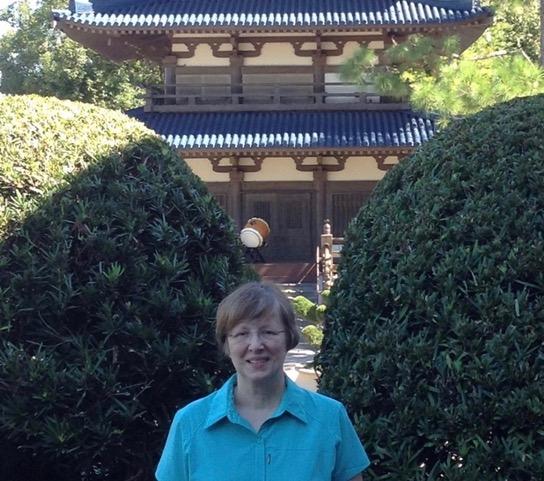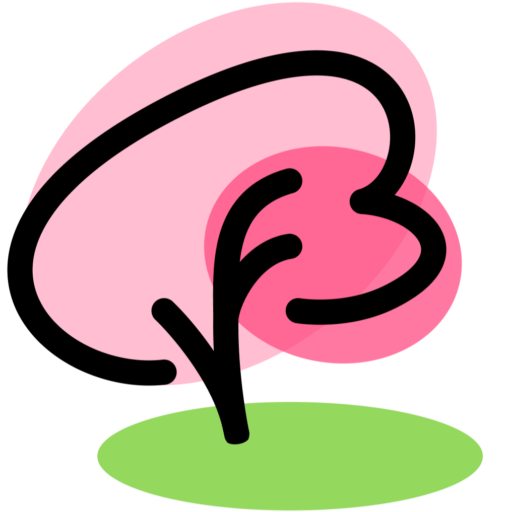Sue Colpitts

falling blossoms
a toddler picks
herself up
Sue Colpitts
Peterborough, Ontario
Congratulations on having your haiku selected as the top winner in the Canada category in the Vancouver Cherry Blossom Festival’s 2022 Haiku Invitational contest. How did you first learn about haiku, and how much writing of haiku or other poetry have you done?
I wrote some free verse in grades 9 and 10 but didn’t take it up again until I was in my late 50s. I can’t recall when I first learned about haiku, but I do remember teaching haiku to an exceptional grade 2 class one year. We brainstormed images for each season and used the fragments and phrases to compose three-line haiku. I wish I had made a copy of those poems. Not until 2010 did I start writing poetry again. I read some amazing haiku online and was bitten by the Issa bug. What started as a pastime gradually became a way of coping with my husband’s illness and subsequent loss. Six of those haiku were published from 2011 to 2013 in Frogpond.
I still write some free verse but mostly Japanese forms such as haiku, tanka, haibun, rengay, and photo haiga. My work is published in a variety of print and online journals and in anthologies. I was delighted when David G. Lanoue included one of my poems and its review in his book Write Like Issa: A Haiku How-To. In 2021 one of my haiku was chosen to be featured on a sign in the Tucson Haiku Hike. My poems have even been read on a Nigerian radio station by a poet I know who lives there.
What was the inspiration for your winning poem?
My little nieces. They are beautiful and delicate as cherry blossoms and yet strong. An ultra-tough, cellulosic material found in nature is cherry bark. I watched the girls learning to walk. They would fall down but with determination got themselves back up and kept on walking.
Describe the moment when you first learned you had won.
I was gobsmacked. But I soon found my voice and told my family and a poet friend.
Do you have favourite books or websites relating to haiku that others might benefit from to learn haiku as a literary art and to share one’s haiku?
The allpoetry.com website has Japanese poetry groups such as Haiku Harbour where we share information about writing haiku, and mentor and critique each other’s poems. I have made friends with poets from around the world. The website also has workshops to learn how to write different forms of Japanese poetry.
Please tell us more about yourself.
I started my teaching career at an elementary public school at the age of 20. At that time I was under the legal age to drink or vote in Ontario, but they hired me to educate children ten years younger than me! I went to Trent University during summer holidays and earned a BSc, majoring in psychology. I continued my teaching career in the Peterborough area until taking early retirement. We bought a country home in 2000 with access to Buckhorn Lake (near Peterborough, northeast of Toronto). I became an avid gardener, and enjoyed kayaking and the slower pace of rural life. We loved it there.
How does where you live and what you enjoy doing affect the way you write haiku?
Haiku moments come from observations and interactions past and present with the world around me—on my grandparents’ farm, my childhood home in a small village, family members and gatherings, pets and gardens, nature around the Kawarthas lakes, my travels, and so on. Lately I have taken up art again and am dabbling with sumi-e to use in my haiga.

